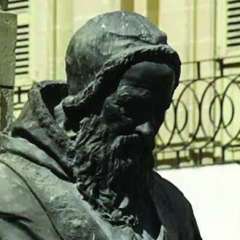-
Чланови који сада читају 0 чланова
- Нема регистрованих чланова који гледају ову страницу
-
Сличан садржај
-
(ВИДЕО) URANAK1 Papa Franja planira reformu katoličke crkve | Stanislav Hočevar i prof. dr Vladan Tatalović
Од Поуке.орг инфо,
- 0 одговора
- 205 прегледâ
-
- 3 одговора
- 286 прегледâ
-
- 27 одговора
- 1951 прегледâ
-
- 16 одговора
- 731 прегледâ
-
- 0 одговора
- 296 прегледâ
-




Препоручена порука
Придружите се разговору
Можете одговорити сада, а касније да се региструјете на Поуке.орг Ако имате налог, пријавите се сада да бисте објавили на свом налогу.